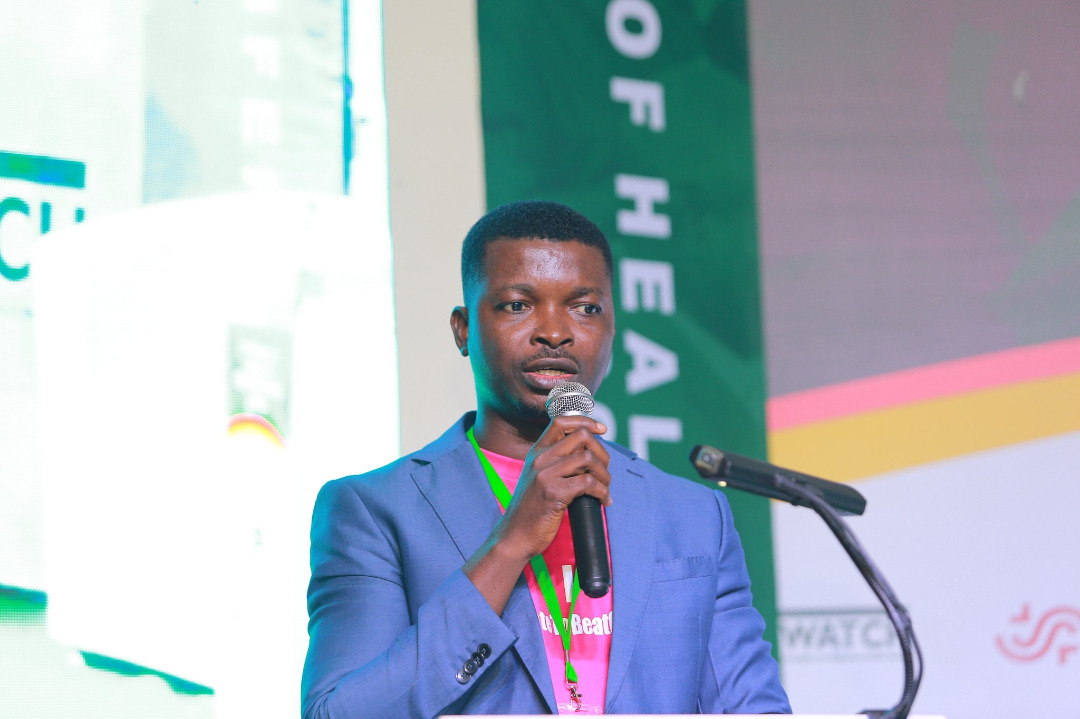The establishment of community anti-corruption networks has been one of the most innovative ways of stimulating and sustaining grassroots participation and ownership of the fight against corruption in Nigeria. When made aware of the powers that their consolidated voices hold, their confidence to influence governance positively is charged and the resultant effect is what is being witnessed around the FCT; in communities like Abaji, Bwari, Kuje and Kwali area councils.
In these communities, the popular anti–corruption citizen movement, the Say No Campaign, established its community anti–corruption networks. They reported how their activities have led to the completion of abandoned projects; influenced new ones and improved public service delivery in their communities. These are the benefits for communities who not only have the awareness of anti–corruption, but make conscious decision to organise with one voice and closely monitor governance in their respective communities.
The place of community members in achieving success with the anti–corruption agenda of Nigeria cannot be overemphasized. They are most relevant in preventing corruption, especially in most susceptible areas involving public expenditure like, budget implementation, constituency project implementation and more recently, the social investment program targeting the poor and vulnerable in communities across the country. Through their presence, influence and voice, they have the ability to introduce transparency and accountability at sub-national level. Their influence, if properly managed, can also springboard to enhance electoral integrity in Nigeria’s elections held across communities of the country. This is because corruption issues associated with elections can be tamed in communities with active anti–corruption networks. This was the objectives of the Say No campaign when it embarked on the mission of setting up its Community Anticorruption Working Group (CAWG) project, across the country since 2018; to position foot soldiers in all communities of the country that can drive anti–corruption agenda.
This network has also proven to be useful in precarious situations where government activities become difficult to monitor, thereby encouraging malpractices. The Covid-19 lockdown FCT palliative distribution experience presented us with such a challenge. When tracking government expenditure and the implementation of its social investment program activities became difficult, due to the restriction on movement, this network became the only source of shadowing the report of the palliative distribution exercise in all the area councils of the FCT. They were responsible for exposing the shortage and diversion of items, irregularities in sharing, tribalism, lack of transparency and many other corrupt practices that characterised the process; even the Humanitarian Office of the Federal Capital Territory Administration (FCTA) was unable to refute the report. Similar network of Community Observers, established by Peering Advocacy and Advancement Center in Africa (PAACA), is also monitoring the homegrown school feeding program carried out during the Covid-19 lockdown in communities of the FCT, to determine the transparency and accountability of the distribution process and provide feedback on the relevance of such exercise in a school lockdown situation.
Other initiatives by Say No campaign like the Lawyers Network Against Corruption (LAWNAC) and, more recently, the Network of Religious and Traditional Leaders Against Corruption (NRETLAC) by PAACA, are engaging anti–corruption issues within their spaces and communities, especially, in the area of justice sector reforms and behavioural change. For instance, the awareness created by NRETLAC in Kano state led to increase in citizen participation in budget hearing of their state; community awareness of budget provisions in their regions and a resolve to ensure the implementation of the budget. This is a good start and the expectations for these networks are high.
Although anti–corruption movement is gaining traction among citizens with the plethora of anti–corruption initiatives across the country, the expectations on the part of the government to meet up with the challenge ofensuring corruption is dealt a real blow remains high. As local organisations are being supported by international anti–corruption giants, like the MacArthur Foundation and the Action Aid Nigeria, to encourage bottom-up approach to addressing corruption in the country, the top-bottom need to come aflame to support the former and maintain the confidence of the people. We need the government to take its enforcement role seriously to balance what we do in communities, especially at the grassroots. As a serious government, with self-acclaimed political will to fight corruption, it cannot be dropping corruption charges or overturning judgements in favour of high profile convicts on flimsy ground of technicalities or politicising allegations of corruptions, or even normalising sacred cows in our polity. These acts gravely weaken our ‘recruitment’ into the battle against corruption in communities and at the grassroots.
Community anti–corruption networks provide us with an advantage of domesticating the anticorruption fight and raising a society of responsible people with integrity. If rightly managed, they have the potential to improve governance and facilitate the advancement of our communities and country by extension.
Ezenwa Nwagwu is Executive Director of Peering Advocacy and Advancement Centre in Africa -PAACA and a co- convener of a citizen movement against corruption in Nigeria, Say No Campaign.























